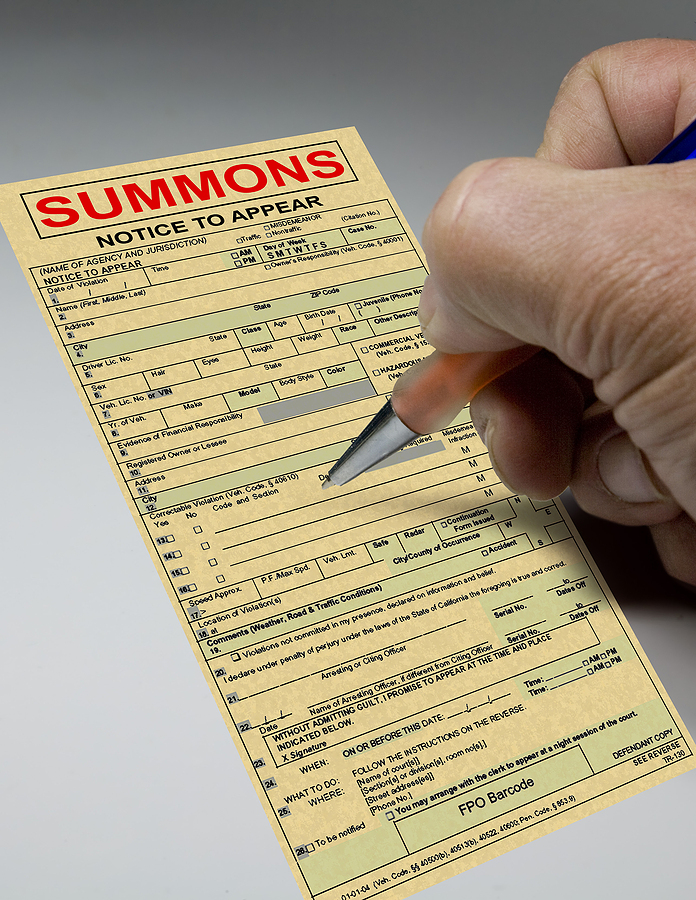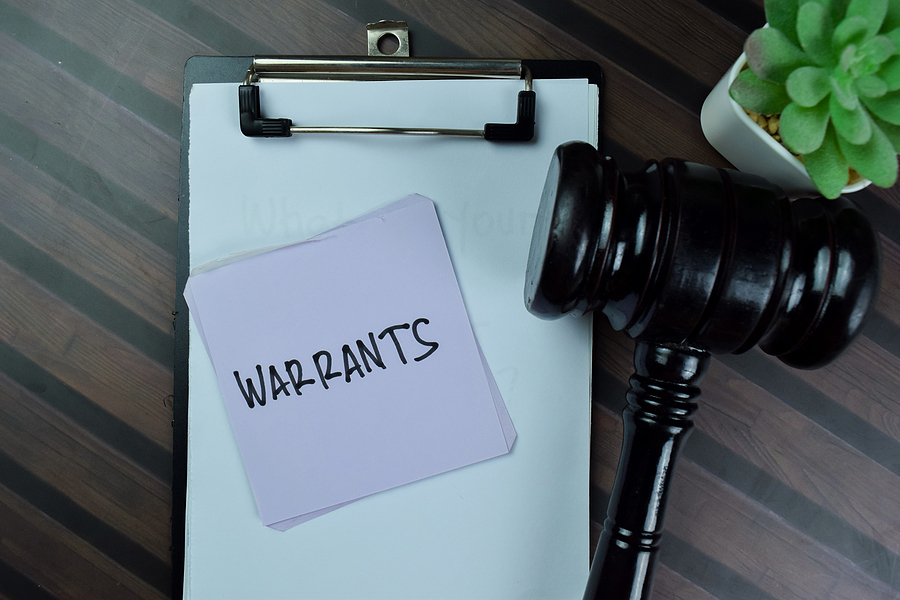Understanding the intricacies of legal processes can be daunting, especially when it comes to dealing with arrest warrants. These documents authorize law enforcement to detain an individual, and knowing the specifics can significantly impact your response to such a situation. For residents of Indiana, it’s imperative to grasp how arrest warrants work, including who issues them, under what circumstances they are granted, and how they can be legally challenged. Familiarizing yourself with the process can alleviate anxiety and ensure you’re better prepared.
Whether you’re directly affected or simply want to be informed, this comprehensive guide will provide you with everything you need to know about arrest warrants in Indiana, including practical advice on what steps need to be taken when faced with one and where to seek legal assistance if necessary.

Understanding Arrest Warrants
Arrest warrants in Indiana serve as legal documents issued by a judge or a magistrate, granting law enforcement the authority to arrest an individual. There are two primary types of arrest warrants in the state—bench warrants and arrest warrants. Arrest warrants are typically issued when there’s probable cause that a person has committed a crime. Bench warrants, on the other hand, are issued when someone fails to appear in court or comply with a court order.
The process of issuing a warrant involves presenting evidence or probable cause to a judge or magistrate, who then decides whether the warrant should be granted. The warrant must include specific information, such as the suspect’s name, the alleged crime, and instructions for the arresting officers.
The Legal Process
Once an arrest warrant is issued, the individual named in the warrant becomes a wanted person. Law enforcement agencies are tasked with locating and arresting the person. After the arrest, the individual is typically taken into custody and booked. This involves recording personal information, taking fingerprints and photographs, and documenting the charges.
After booking, a hearing is usually scheduled where the defendant appears before a judge. During this hearing, the charges are read, and the defendant is informed of their rights. This is followed by a trial or plea bargain process, where the defendant can contest the charges or negotiate a plea deal.
What to Do If You Have an Arrest Warrant
If you discover that there is an active arrest warrant against you, it’s crucial not to panic. The first step is to verify the warrant’s validity and understand the charges against you. Consulting with a legal professional can provide clarity and help you explore your legal options.
There are several courses of action available. Turning yourself in voluntarily can sometimes be viewed favorably by the court, potentially leading to more lenient terms. It’s also essential to explore the option of obtaining a prearranged bail bond to lessen the time spent in custody.
Turning Yourself In
Turning yourself in can be a daunting decision, but it’s often the most proactive approach to dealing with an arrest warrant. The process involves contacting local authorities to arrange a time and place for surrender. This can help avoid the embarrassment and complications of being arrested at your home or workplace.
Before turning yourself in, it’s wise to consult with an attorney and a bail bondsman. Arranging a pre-arrest bail bond can expedite your release after surrender. Once you arrive at the designated location, you’ll undergo the booking process as described earlier. Having legal representation can provide peace of mind during this time.
Hiring Legal Representation
When facing criminal charges, having experienced legal representation is crucial. A skilled defense attorney can help you understand your rights, guide you through the legal process, and work towards the best possible outcome. To find a suitable attorney, consider seeking recommendations, reading reviews, and conducting interviews to assess their experience and approach.
An attorney can also handle communication with law enforcement and the courts, ensuring that your rights are protected throughout the process. Their expertise can make a significant difference in negotiating plea deals or preparing a solid defense for trial.
Resolving an Arrest Warrant
Once you’ve been arrested, resolving the warrant becomes the priority. One common method is posting bail, which allows temporary release from custody while awaiting trial. Bail can be posted in cash or through a bail bond service. If you cannot afford bail, a bail bondsman can assist by providing a prearranged bail bond for a fee.
Attending all court hearings is essential for resolving the warrant. Failure to appear can result in additional charges and a bench warrant being issued. In some cases, your attorney may be able to negotiate a dismissal of the charges or a reduction in severity, depending on the circumstances and evidence.
Conclusion
Understanding arrest warrants in Indiana is vital for anyone who might encounter them, whether directly or indirectly. By being informed and taking proactive steps, individuals can effectively address arrest warrants and protect their legal standing. Seeking legal advice early and knowing your rights are crucial steps in navigating this complex process.
For those looking for more guidance, reaching out to legal professionals and local bail bond companies can provide invaluable support. These experts can offer detailed advice tailored to your specific situation, helping you through each stage of the process with confidence. With the right knowledge and assistance, you can turn a challenging situation into an opportunity for a favorable resolution.
If you need to turn yourself in for an outstanding arrest warrant, reach out to professionals who can ensure you don’t sit in jail for an outstanding amount of time. Contact Woods Bail Bonds at 317-876-9600 for 24 hour bail bond services in Indianapolis, Indiana you can trust. We also offer prearranged bail bond service for warrants and probation violations.
Related Posts:
Surrendering to an Arrest Warrant: The Role of a Bail Bondsman
Indiana Arrest Warrants Explained: What You Need to Know
What Will Jail Be Like After I Turn Myself in For an Arrest Warrant?









